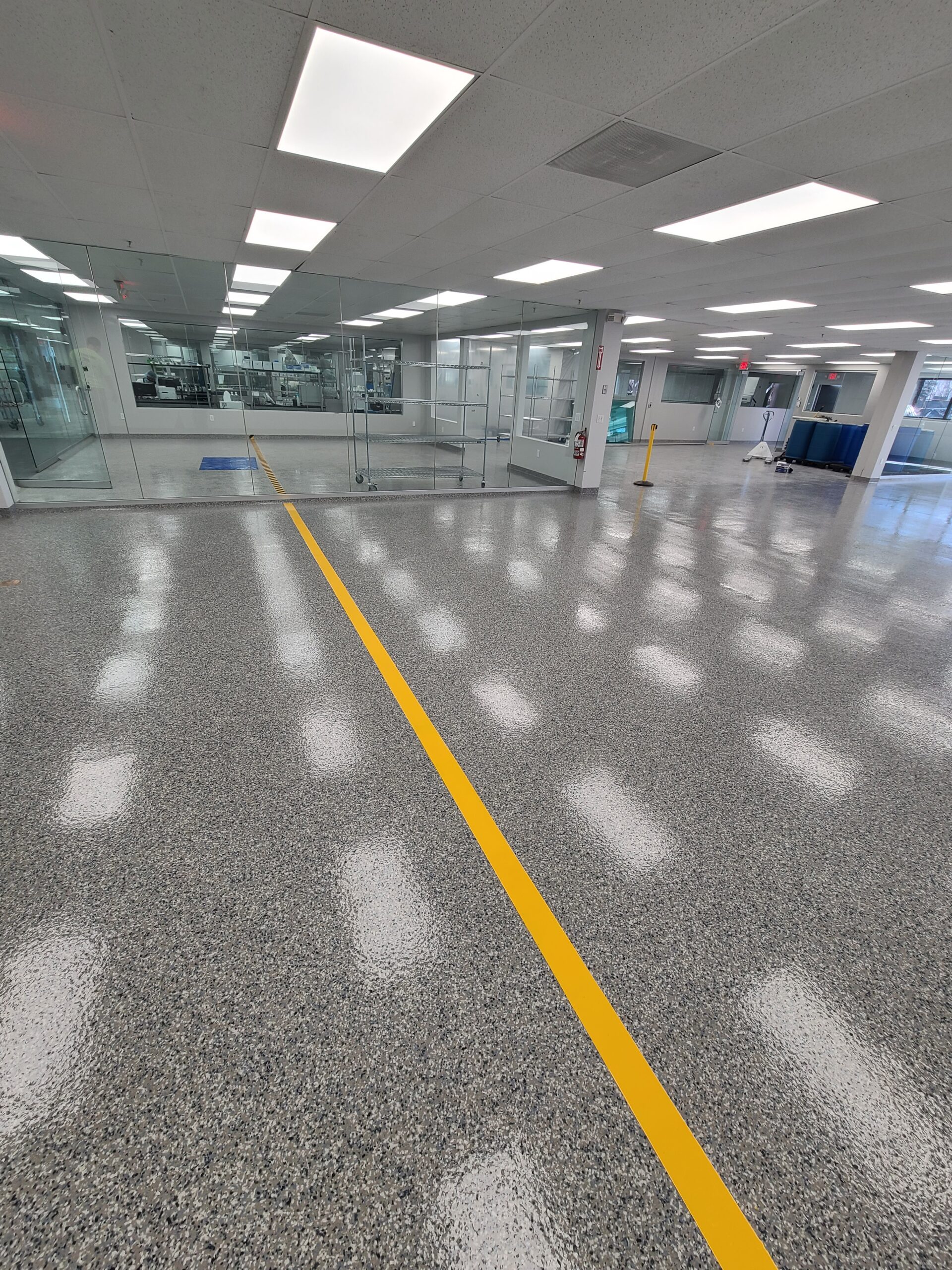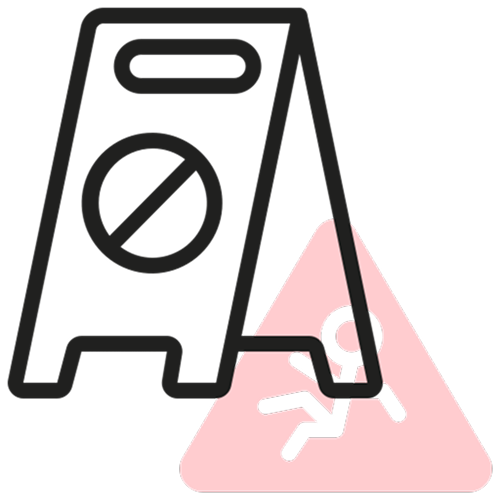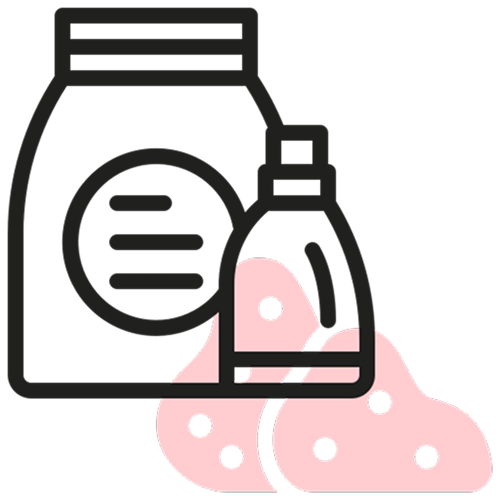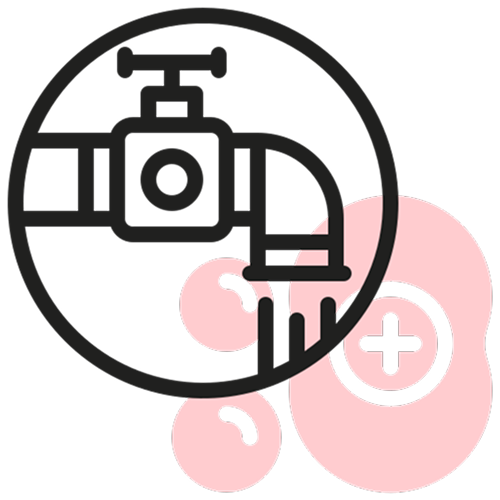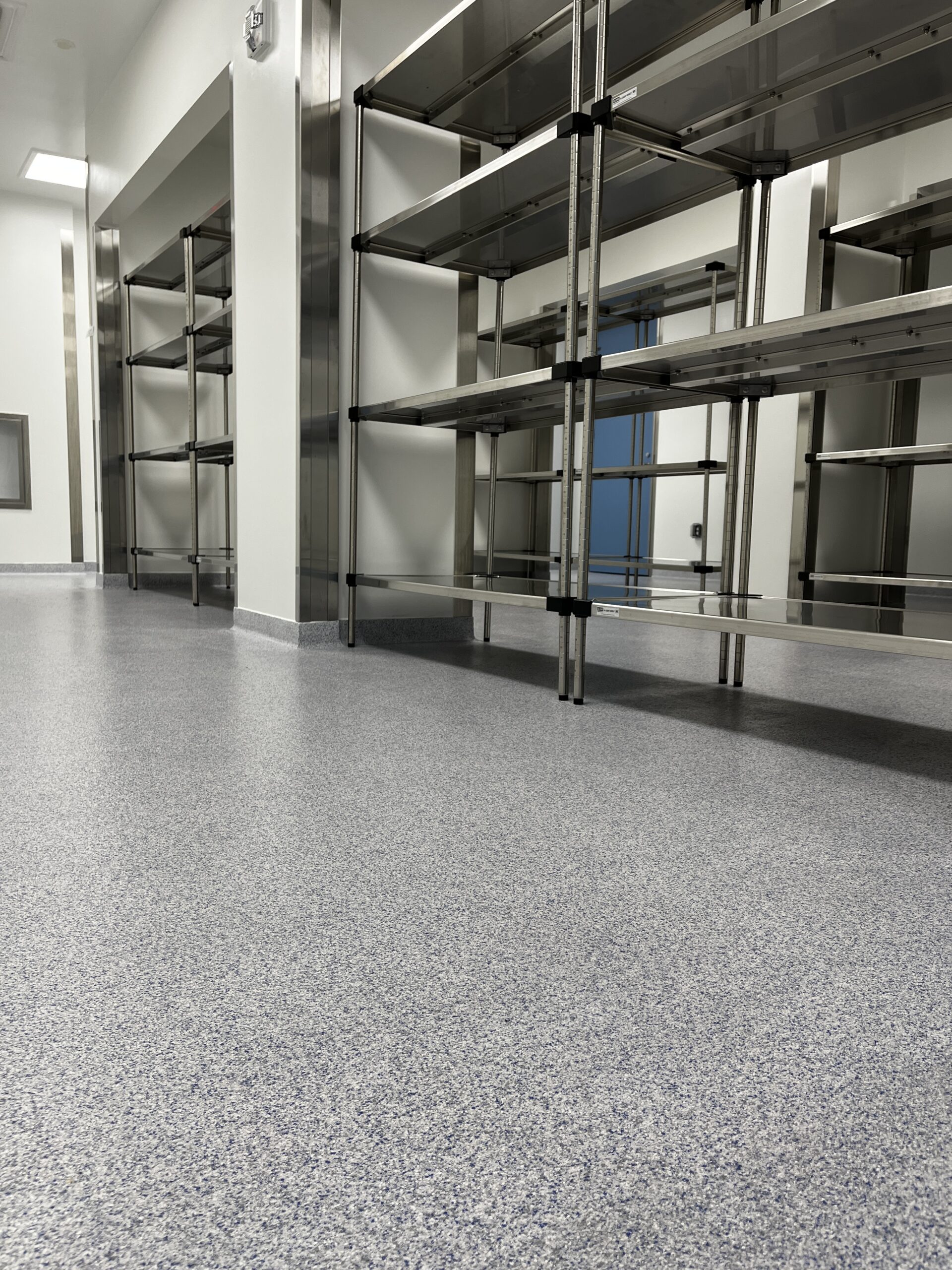Pharmaceutical Flooring Solutions
Contamination-Controlled Flooring for Labs, Cleanrooms, and Production Areas
Black Bear Seamless Flooring partners with pharmaceutical manufacturers, biotech companies, and cleanroom facilities to install flooring designed for precision, safety, and regulatory compliance. From R&D labs and compounding rooms to large-scale production environments, our solutions support critical operations and contamination control.
Request a site visit
